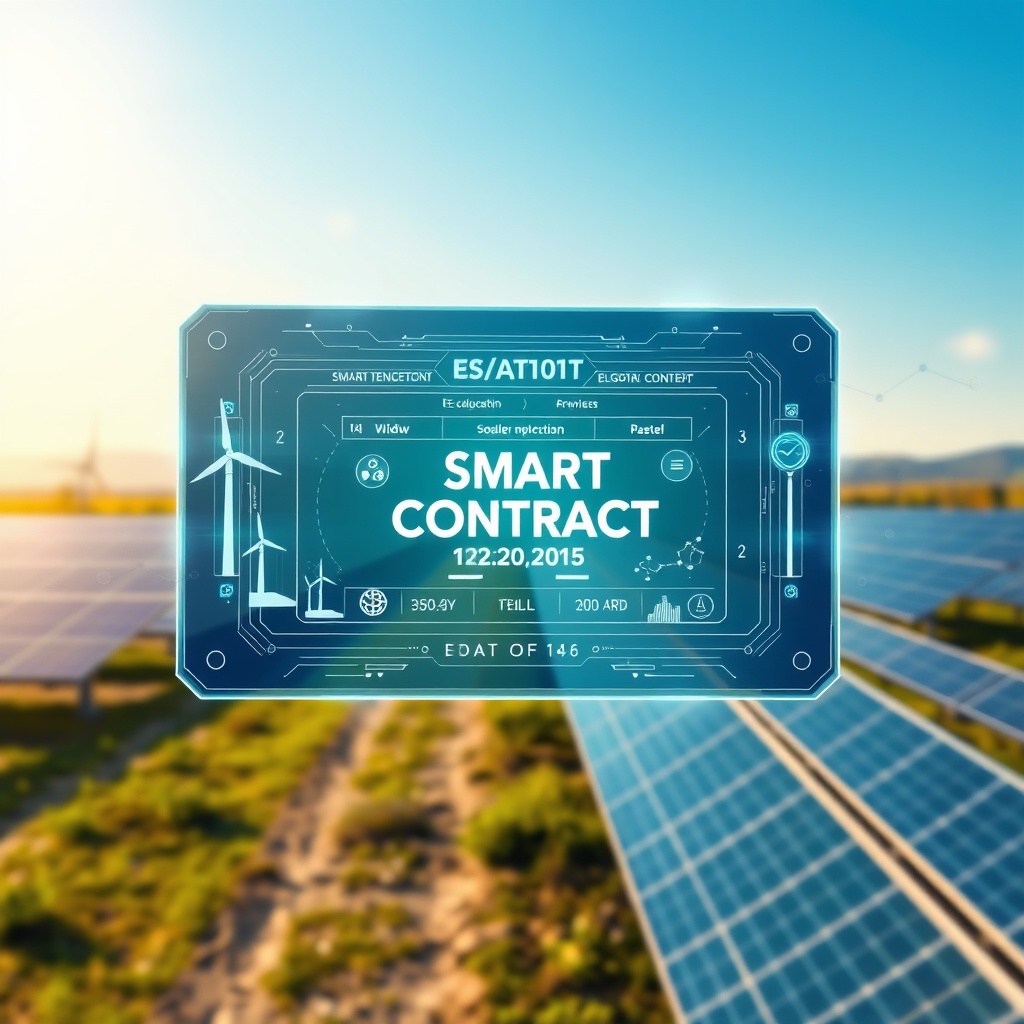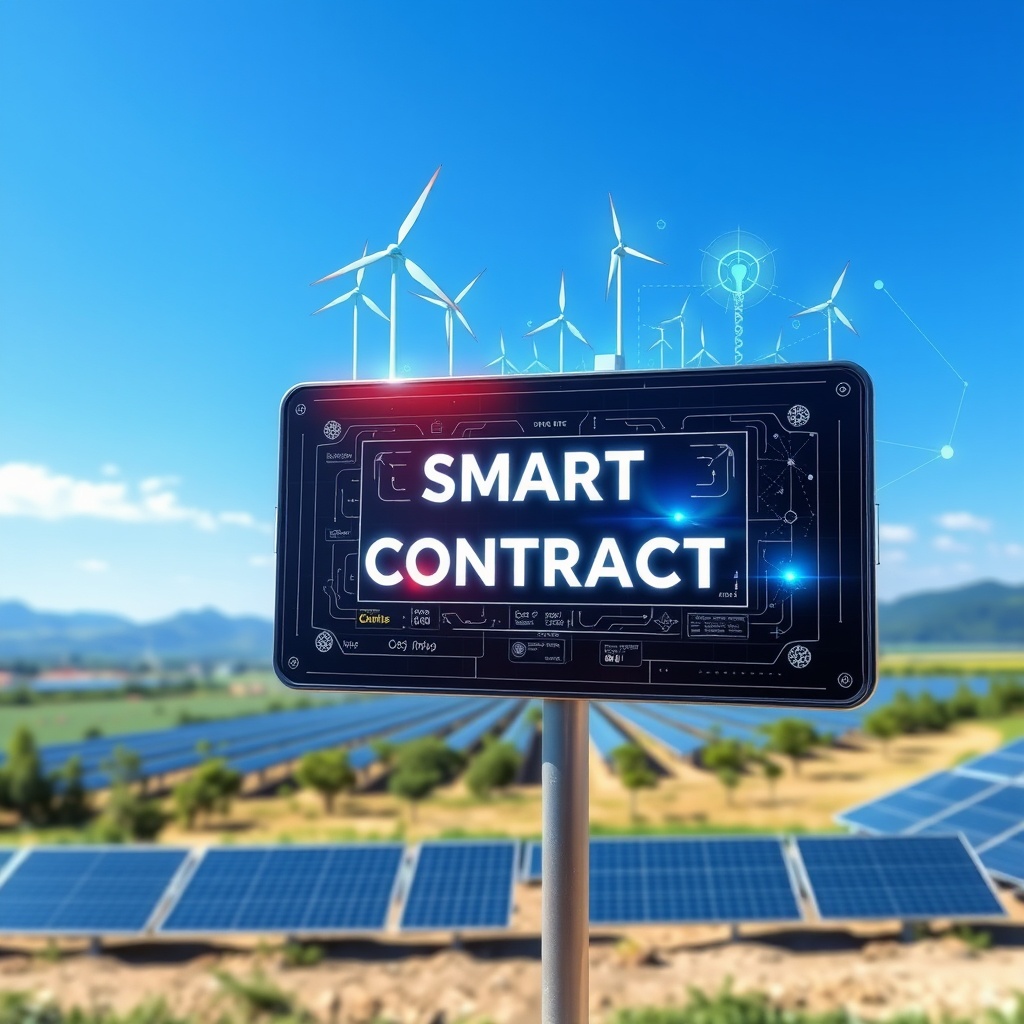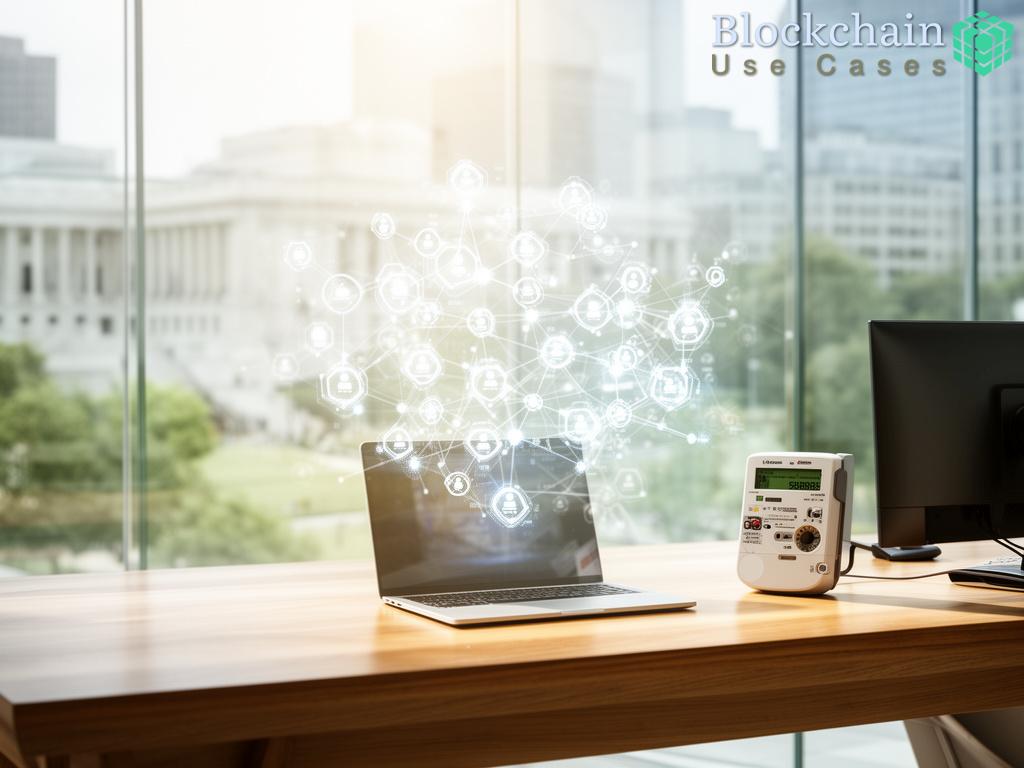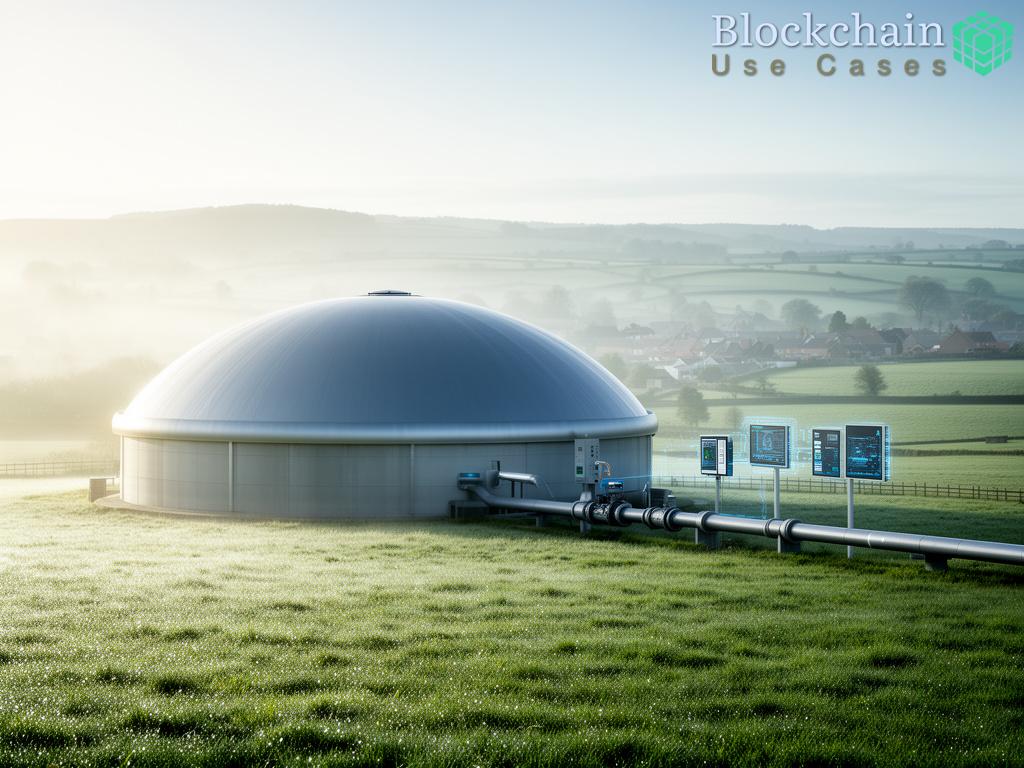Understanding Smart Contracts in the Renewable Energy Sector

In recent years, the integration of smart contracts within Power Purchase Agreements (PPAs) has emerged as a transformative approach to streamline transactions in the renewable energy sector. Smart contracts—self-executing contracts with the terms of the agreement directly written into code—enable automated, transparent, and secure transactions. This innovation offers a solution to the complexities and inefficiencies often associated with traditional PPAs, making them more appealing to both energy producers and consumers.
The Benefits of Implementing Smart Contracts in PPAs
Smart contracts enhance the execution of Power Purchase Agreements by providing numerous advantages that can significantly benefit stakeholders. The automation of contract execution reduces administrative burdens and mitigates the risk of human error, leading to increased efficiency. With real-time data integration, smart contracts can adjust terms based on fluctuating energy prices or consumption patterns, ensuring a fair and dynamic pricing model. Additionally, the transparency of blockchain technology instills trust among parties and facilitates easier auditing and compliance.
Here is a comparative overview of traditional PPAs versus smart contract-enabled PPAs:
Traditional PPAs:
- Manual execution and enforcement
- Higher administrative costs
- Potential for disputes due to ambiguity
- Limited real-time data integration
- Smart Contract-Enabled PPAs:
- Automated execution and self-enforcement
- Reduced administrative overhead
- Clarity in terms, minimizing disputes
- Real-time adjustments based on data
Challenges and Future Perspectives
Despite the transformative potential of smart contracts, several challenges remain. The integration of blockchain technology requires substantial investment in infrastructure and education. Additionally, regulatory frameworks need to evolve to accommodate these digital agreements, ensuring that they comply with existing laws. However, as the renewable energy sector continues to grow, the adoption of smart contracts in PPAs is likely to increase, paving the way for a more efficient and sustainable energy market.





